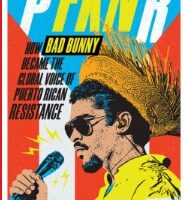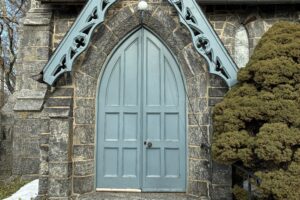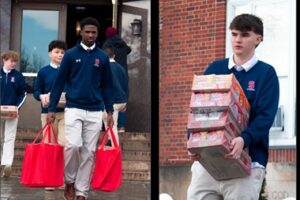In Westchester County, as well as in many parts of the world, June is officially recognized as Lesbian, Gay, Bisexual, Transgender and Queer (LGBTQ) Pride Month. The Christopher Street Liberation Day Parade was initially planned as a gathering in 1970 to commemorate the anniversary of the Stonewall Uprising in New York City on June 28, 1969, when thousands of people took to the streets to protest the abuses and discrimination against the LGBTQ community. The annual event became known as the New York City Pride March, which then spread into a global month-long series of events including parades, parties, concerts, panels and workshops. It is a celebration, yes, but also a time for reflection and healing. It is a time to deeply examine the political and cultural climate, and to remember those who have been lost to hate crimes or HIV/AIDS.
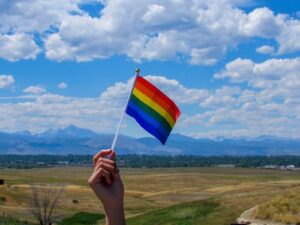
A Local Perspective
Jill Ferson, resident of Croton-on-Hudson and a senior member of the LGBTQ community, has been able to watch Pride change over the years. “I came out in the early ‘70’s when lots was going on,” she says. “Gay pride (which was changed to Lesbian and Gay Pride), the women’s movement, civil rights, etc. I would never miss a June Pride March.” What was once a political march, a call for equal rights, has now become more of a celebratory parade, Ferson explains. She no longer attends the events, and hasn’t for a while. “I leave that for the younger generation.”
Ferson and her wife Linda Gangloff have been together since 1998, and moved to Croton-on-Hudson in 1999. They got married 5 years ago, waiting until same-sex marriage was finally made legal in all fifty states. “This took pride to a whole other level,” she says. “We felt like full citizens of this country.”
Setbacks and Gains
2021 has been a record-breaking year in terms of anti-trans legislation. Nationally, more than 100 bills that target the transgender community have been introduced (though not by New York State), most affecting youth: bans on participation in same-gender youth sports, bans on gender-affirming healthcare for minors, curriculum bans and ID restrictions.
The year has been challenging for the LGBTQ community in other ways as well. Dr. Robbins Gottlock, Vice President & Associate Medical Director at Phelps Hospital, Northwell Health and founder of Phelps’ LGBTQIA+ Health Center of Excellence says, “The biggest medical setback has been the inability to have in-person contact due to COVID. For the LGBTQIA+ community, warm physical greetings and in-person gatherings and celebrations are part of our culture… The lack of in-person contact has negatively affected mental and physical health, especially for those who have foregone care.”
But there have been gains, too. The biggest medical gain, in Gottlock’s opinion, was in health policy, in which the federal government has recently affirmed that the Affordable Care Act ensures protection from discrimination in healthcare on the basis of sexual orientation and gender identity. “Our LGBTQIA+ community can have less apprehension about being denied care or being mistreated while accessing medical care.”
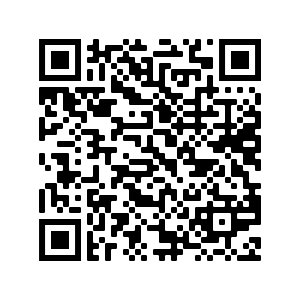
Pride in Westchester
We have a lot to be proud of in Westchester. New York State’s education system is setting a national example for uplifting and protecting Queer youth, and Phelps Hospital has been recognized by the Human Rights Campaign as a leader in LGBTQ healthcare equality. Not only does The LOFT LGBTQ+ Community Center in White Plains provide a vibrant and diverse calendar of programming for people of all ages in Westchester County, but there is also the active Peekskill Pride organization in northern Westchester and WJCS Center Lane in Yonkers, which focuses on LGBTQ+ youth. Since 2002, Westchester County has had a citizens’ advisory board to advise the County Executive on issues important to the LGBTQ community. “Westchester County has truly become one of the best places in the United States for the LGBTQ+ to live and work,” says The LOFT’s Executive Director Jody Trolio.
So, my fellow Westchestarians, let’s celebrate!


